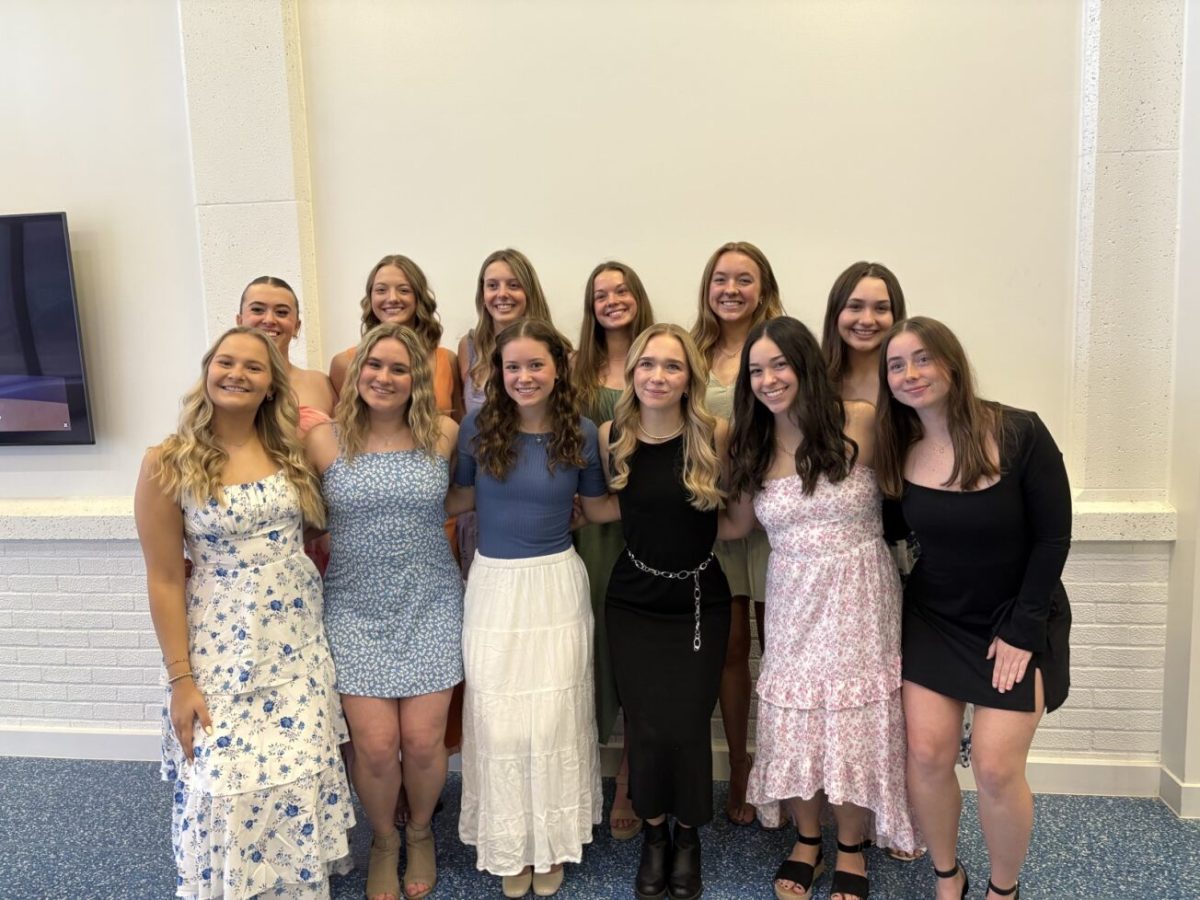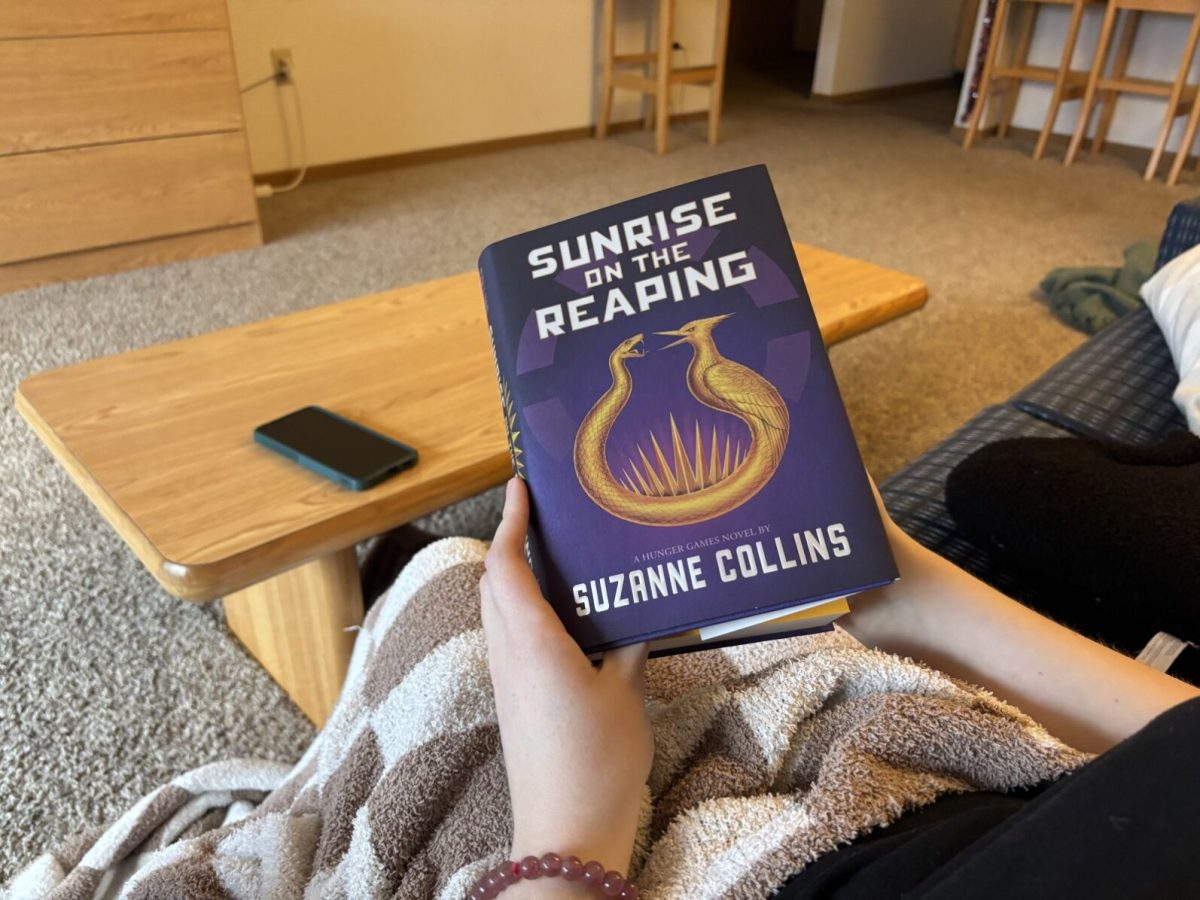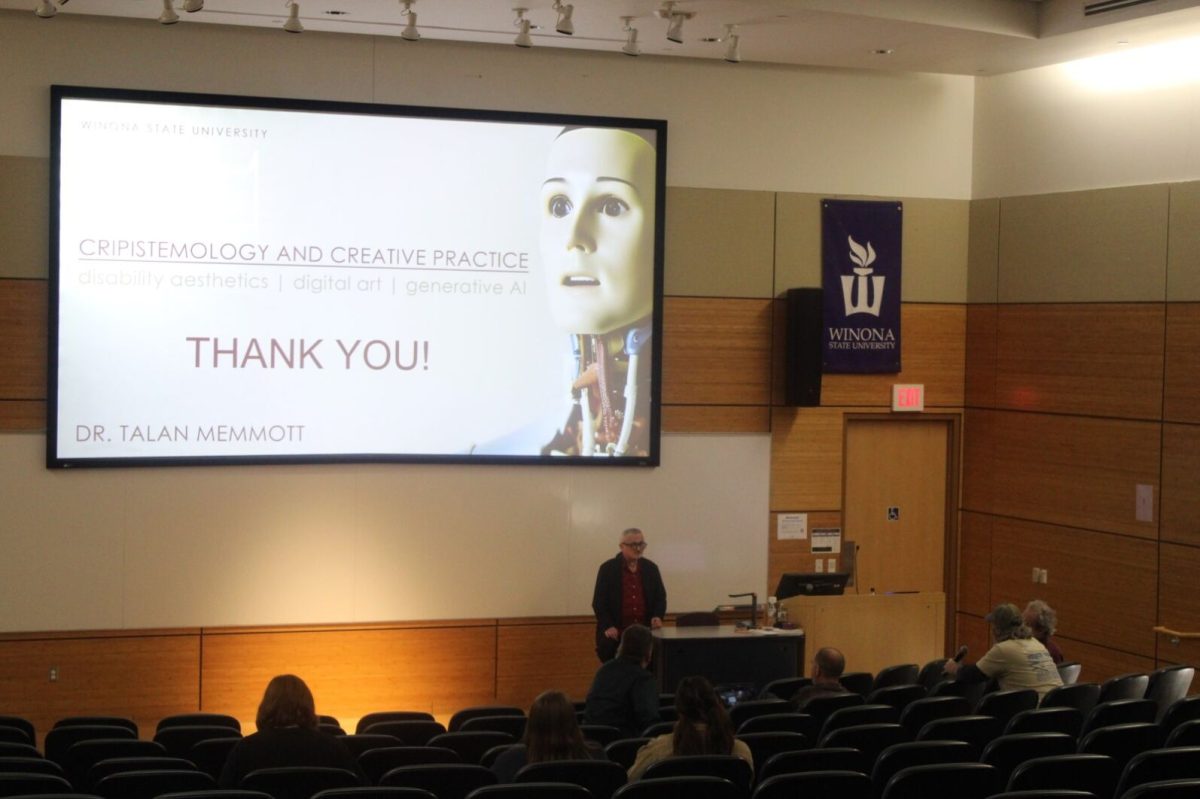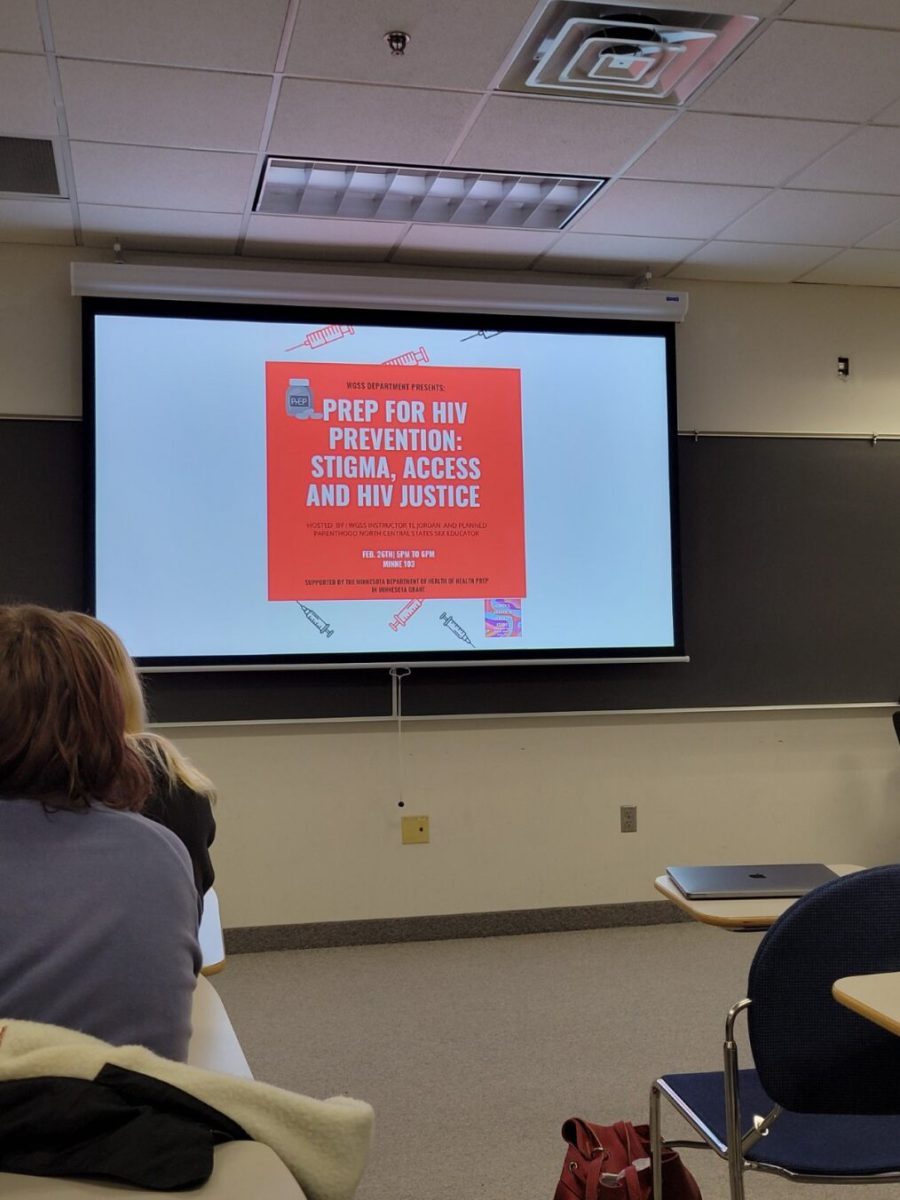Film in review: “Enola Holmes” by Harry Bradbeer
September 30, 2020
Movie theatres may be closed, but Netflix is the content savior in these trying times. Their newest release, “Enola Holmes”, follows the younger sister of the famous Sherlock Holmes as she sets out to find her mother. As with any Holmes story, the film follows a mystery: the murder of a young man soon to become a lord. However, Enola Holmes also manages to entangle herself in a murder plot and the push for women’s suffrage in England. The film stars “Stranger Things’” Millie Bobby Brown, Henry Cavil, Helena Bonham Carter and Louis Partridge in a coming of age, fish out of water, young adult mystery story.
Brown does well playing a free-spirited teenager journeying out in the world, and the rest of the cast does a great job too. Cavil, playing Sherlock Holmes, does an excellent job playing one of the most famous detectives known to man. However, if you’re expecting a Sherlock similar to Robert Downey Jr.’s or Benedict Cumberbatch’s, then you’ll be let down. Cavil plays Sherlock more emotive and less robotic, while still being witty and smart. Despite each actor delivering a great performance in the film, the script is where the film starts to run into some speedbumps.
The inciting incident of the film is the Holmes matriarch disappearing on the day of Enola’s 16th birthday. However, the actual plot of the film is not apparent until 30 minutes into the film where Enola meets a young boy on the train. That being said, the moments she spends trying to figure out why this young boy is the target of a killer are compelling, and watching Enola interact and joke with the young boy is interesting.
It is the moments where Enola is searching for her mother that become strange, despite her disappearance being the film’s inciting incident. These moments feel like the director talking down to the viewer, saying “don’t forget women’s suffrage is happening in England and Enola’s mother is really pushing for that even though Enola can’t find her. Alright, now Enola will do other things but please do not forget about the women’s suffrage part.” This itself would not be a problem if the other part of the film was not also tied to the women’s suffrage vote, making some parts feel redundant and a waste of time, especially considering that Enola finding her mother truly takes a back seat. Scenes like that can also make parts of the film predictable. If this film does get a sequel, these scenes might make more sense and have more meaning. However, a film should not rely on future installments to make sense of loose plot threads. They should build upon each other, not fill cracks.
Overall, I would recommend Enola Holmes. I know I spent a good portion of my review voicing some problems, but it is only because I want to see the film succeed due to so many strong actors and fun scenes with characters, despite loose plot threads and some predictable moments. The film is a fun ride and a great opportunity to sit back and take your mind away to early 1900s England. I would give this film a 3 out of 5 stars.
The opinions expressed in this paper are not necessarily those of Winona State University, the Minnesota State Colleges and University system, or the Winona State University student body.













































